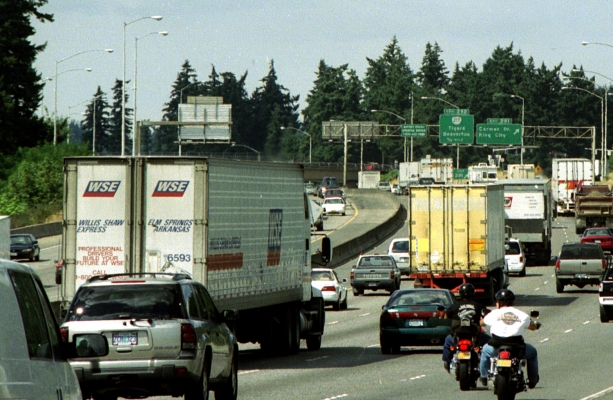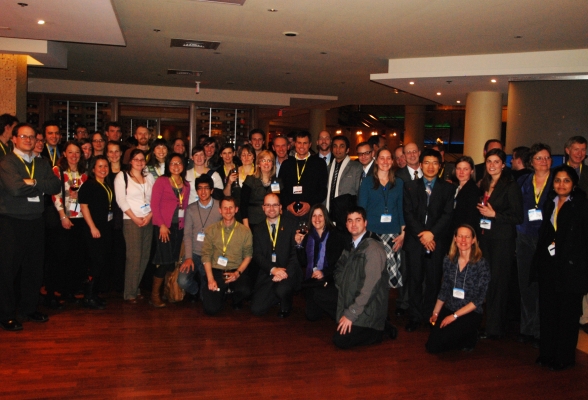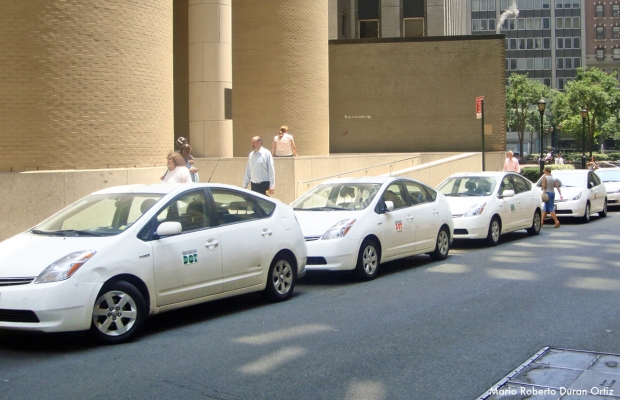With various governments encouraging people to drive less, economists have wondered if such goals can have the side effect of harming the economy. In most cases, the answer is no, OTREC researcher B. Starr McMullen concluded in a research report.
- Click here to read more about the research and to download the report.
It’s more than an academic question: driving and the economy do tend to rise and fall together. McMullen, a transportation economics professor at Oregon State University, examined the relationship between the two by looking at which happens first—a change in driving or a change in economic activity.
In general, economic growth leads to more driving, not the other way around, McMullen said. That’s particularly true for metropolitan areas, the very places most likely to pursue policies that reduce driving.
“The more economic activity you have, the more VMT [vehicle miles traveled] you’re going to have,” McMullen said.
On the other hand, if there are policies to reduce VMT and driving decreases, “you’re not going to have the economy fall apart," as some have suggested.
If a state sets a goal to reduce VMT or transportation...
Read more


